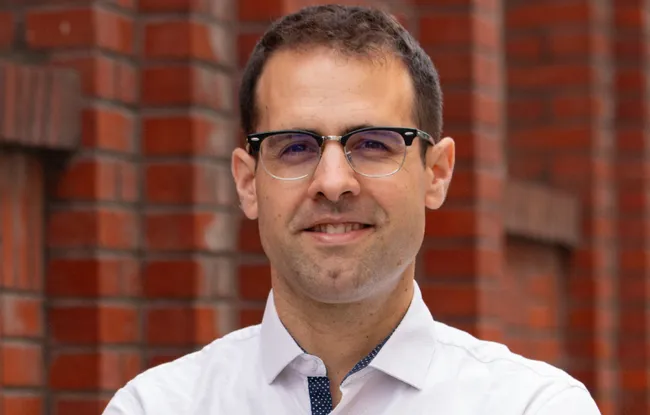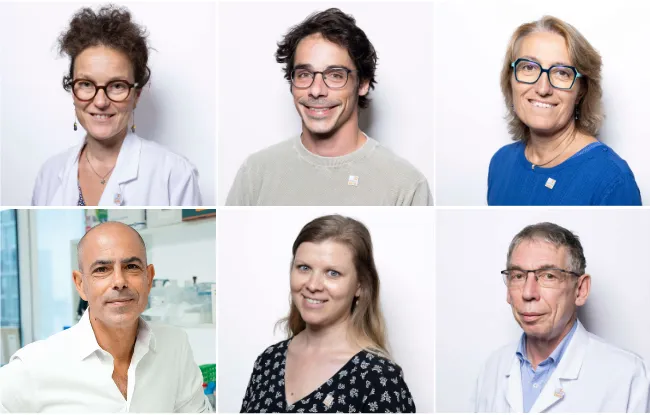- Home >
- Institut Curie News >
- Dr. Julien Robert-Paganin receives the CNRS Bronze Medal 2025
Decoding the molecular motors of life to better understand and treat cardiac and parasitic diseases: this is the challenge taken up by Dr. Julien Robert-Paganin, CNRS Research Scientist in the Structural Motility team (CNRS UMR144 / Sorbonne University) led by Dr. Anne Houdusse at Institut Curie. Awarded the CNRS Bronze Medal 2025, he is recognized for his structural biology and biophysics research, which opens promising therapeutic perspectives.
On June 16, 2025, the CNRS unveiled the list of this year’s medal recipients. Among them, Dr. Julien Robert-Paganin, CNRS Research Scientist, was recognized for his research on myosins – essential molecular motors that generate movement and force within our cells.
‘Receiving this medal is a great honor. Beyond the personal satisfaction, it shows that our team’s work is paying off and will gain greater visibility,’ he says.”
Since the beginning of his career, Dr. Julien Robert-Paganin has been exploring how these proteins generate the force needed for muscle contraction, cell division, and cell movement. After completing his PhD at Université Paris Descartes, he joined the Structural Motility team (CNRS UMR144 / Sorbonne University) in 2015, led by Dr. Anne Houdusse at Institut Curie. There, he specializes in the detailed description of the structure and function of myosins.
His work has notably made it possible to observe cardiac myosin for the first time in a specific state, known as the sequestered state: a ‘resting’ mode in which two motors mutually inhibit each other to regulate heart muscle contraction. This breakthrough provides new insights into familial hypertrophic cardiomyopathies (HCM), hereditary heart muscle diseases that affect about one in 500 people and cause abnormal thickening of the heart.
To achieve these results, he relies on cryo-electron microscopy, a technique that allows these proteins to be visualized at high resolution.
His research also focuses on malaria, an infectious parasitic disease transmitted by mosquitoes, which affected over 260 million people and caused nearly 600,000 deaths in 2023. He is particularly interested in Plasmodium falciparum, the parasite responsible for the most severe forms of the disease. To invade red blood cells, this parasite uses myosin A, a molecular motor essential for its rapid movement. In collaboration with international teams, Dr. Robert-Paganin aims to decipher this mechanism to identify molecules capable of blocking this motor protein and limiting infection.
Photo ©Sabrina Nehmar



